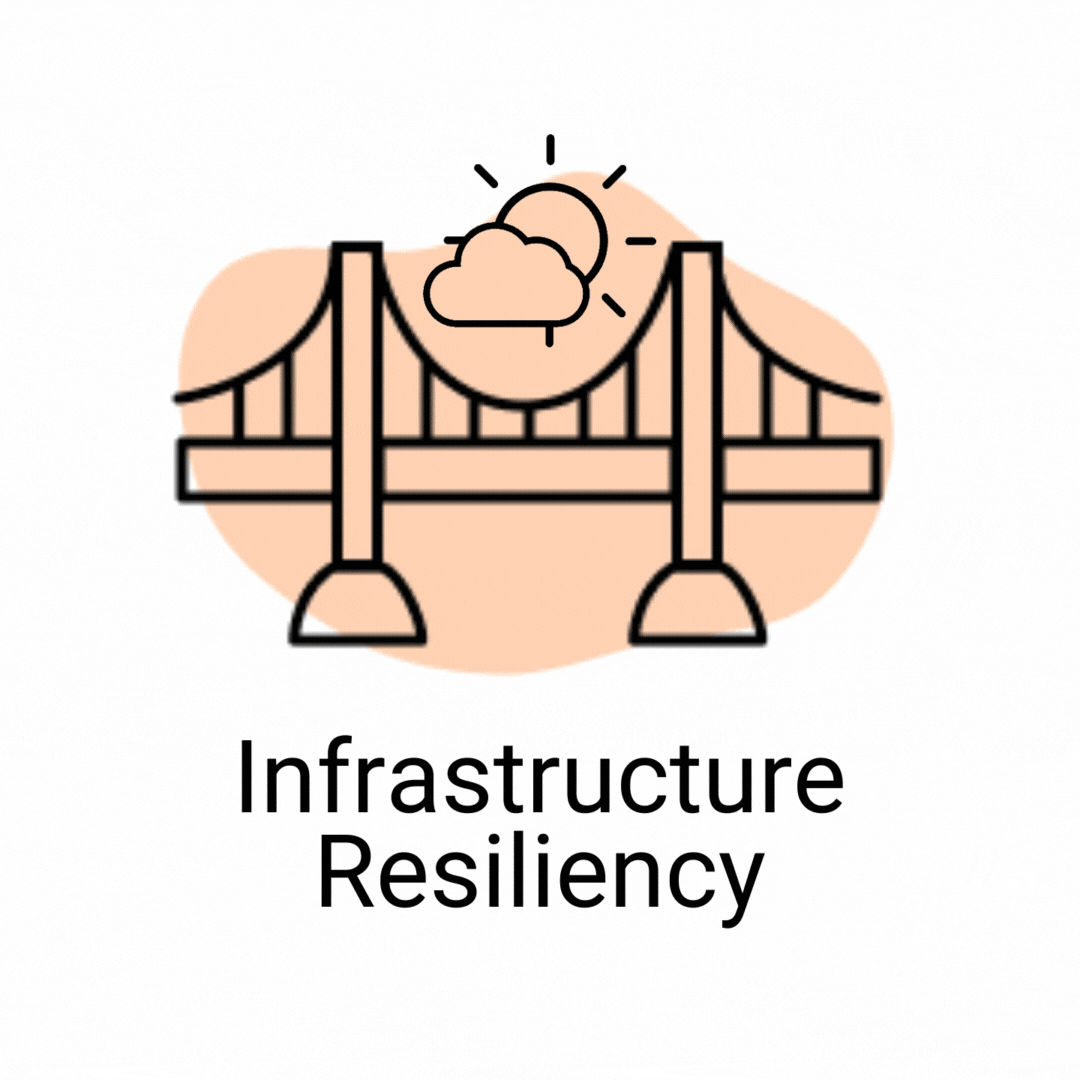This project aims to develop AI-powered monitoring tools specifically for transportation systems and to design a resilient control system.
Monitoring Objectives
- Investigate the effectiveness of deep learning methods for categorical traffic information extraction from networked surveillance videos
- Design novel graph neural networks for global categorical states estimation of a transportation system from sparse and local estimations
Design Objectives
- Identify the failure modes of sensors/communications
- Calibrate a dynamic model for highway capacity
- Develop efficient deployment strategies for static cameras and drones
- Design control algorithms to optimize performance while ensuring survivability under sensor failures





